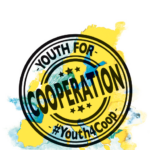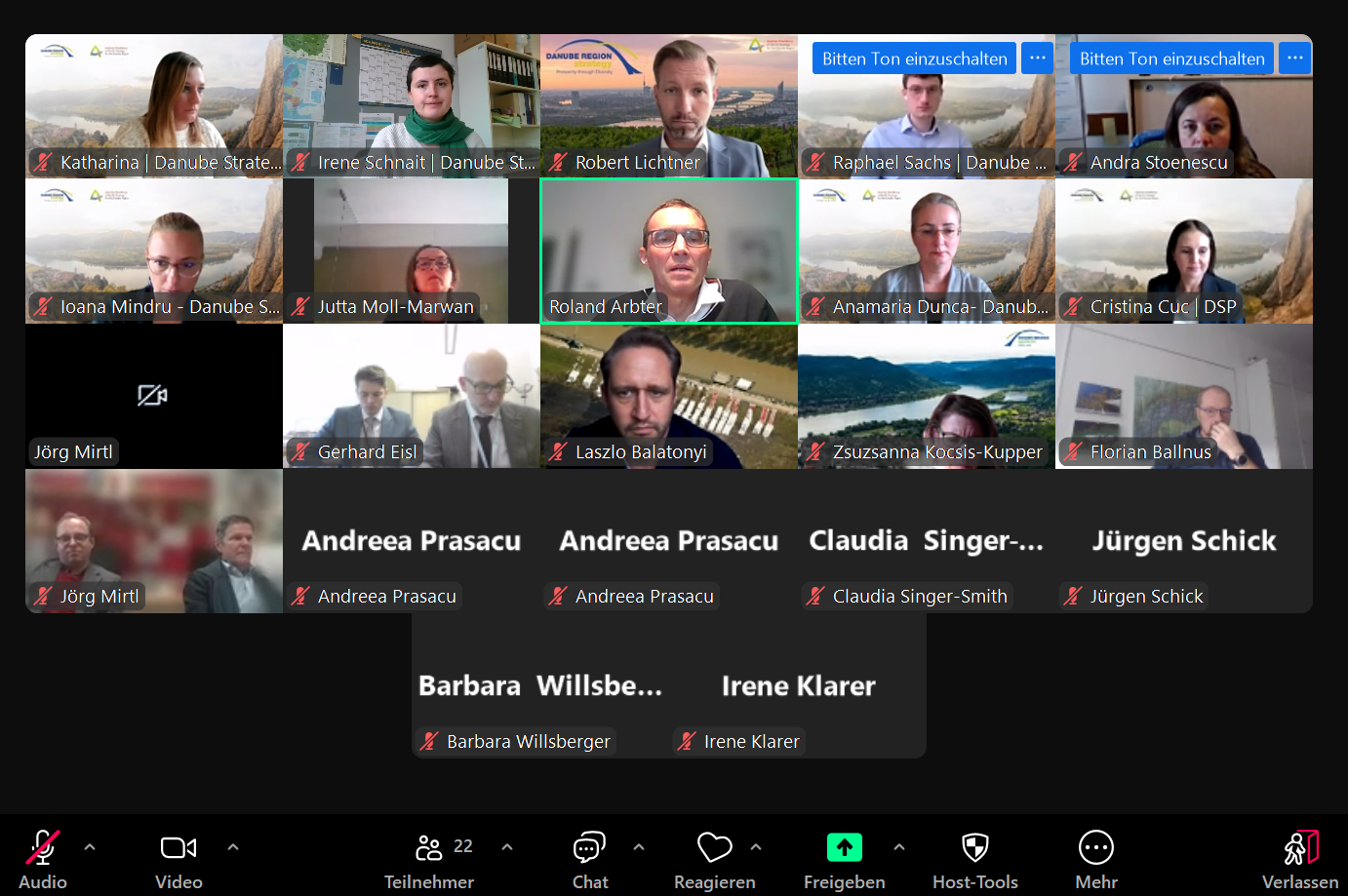On 18 November 2024, the Austrian EUSDR Presidency organised another edition of the Chat with the Presidency, an open platform for discussion among EUSDR core stakeholders and the EUSDR Presidency.
The session, chaired by representatives of the Austrian EUSDR Presidency, focused on strengthening the governance structures that drive collaboration across sectors and countries.
Participants debated the role of EUSDR Priority Area Coordinators within the Strategy’s presidency framework, proposing a more active role in EUSDR meetings and events but also considering the capacities available for potential new roles.
The discussion emphasised the importance of open dialogue between PACs and NCs, highlighting the need for better integration of content-driven contributions from PACs at the strategic level and the utilisation of platforms to better align PA work with national objectives.
The discussions also included revising the EUSDR Governance Architecture Paper to enhance clarity and better define the functionality of the PACs. Proposals ranged from formalising PAC representation to adopting dynamic formats, like rotating chairs and smaller working groups. However, concerns about over-regulation were raised, with several voices urging a focus on pragmatic solutions that avoid administrative burdens. The upcoming NC-PAC meeting in Vienna on 11-12 December 2024 will provide a platform to further discuss and bridge PAC and NC perspectives, focusing on policy impact and governance efficiency.
A task force on governance development proposed as an open format can take these discussions further in 2025.
The discussions underscored the strong commitment to fostering collaboration, adaptability, and strategic clarity. With continued dialogue and innovative governance approaches, the EUSDR also takes a further step to strengthen its role as a model for multi-level governance.





